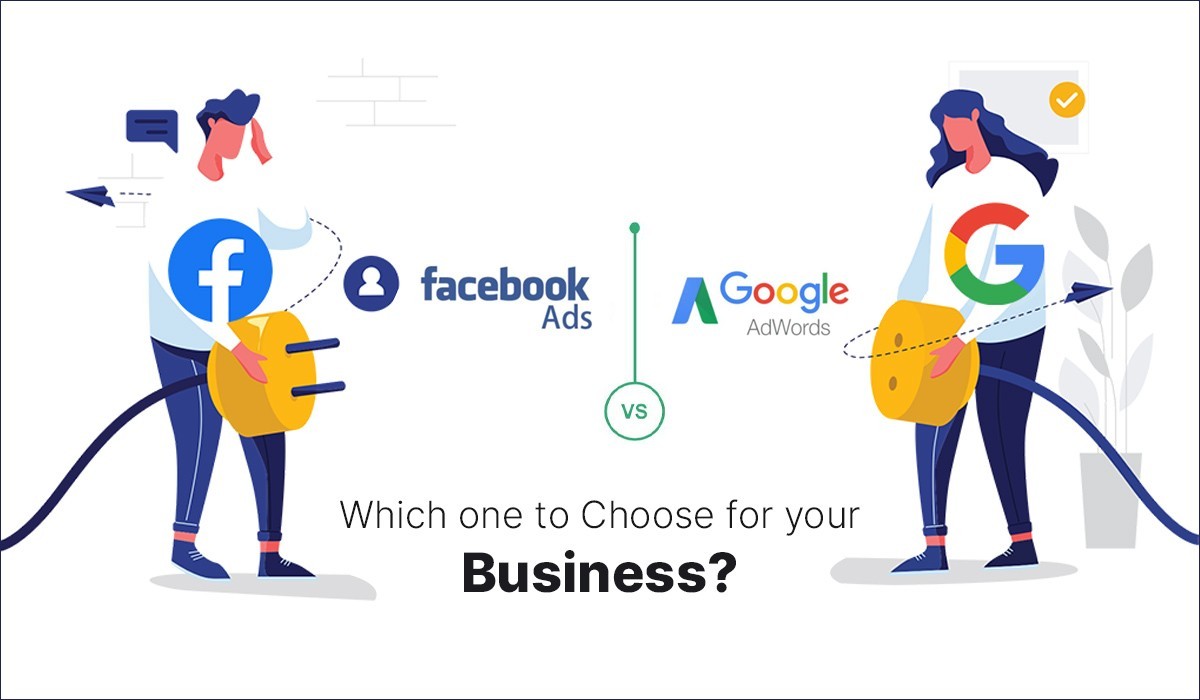Sep 8, 2025

When it comes to digital advertising, two platforms dominate the conversation—Google Ads and Facebook Ads. Both offer powerful ways to reach potential customers, but they work very differently. Google Ads captures users with high purchase intent through search, while Facebook Ads excels at targeting audiences based on interests, behaviors, and demographics. For small businesses and marketers, the challenge is deciding where to invest for maximum ROI. The answer depends on your goals, budget, and audience, making it crucial to understand the strengths and limitations of each platform.
• From Search-Only to Multi-Channel Targeting – Google Ads has expanded from search to display, YouTube, and shopping ads, while Facebook offers cross-platform reach via Instagram, Messenger, and Audience Network.
• From Demographics to Behavior-Based Targeting – Facebook Ads increasingly leverage user behavior, interests, and lookalike audiences, whereas Google Ads focuses more on search intent and keywords.
• From Clicks to Conversions – Both platforms have shifted towards conversion-based bidding strategies, ensuring campaigns optimize for ROI rather than vanity metrics.
Airbnb effectively leveraged both Google Ads and Facebook Ads to fuel its global growth. On Google, they focused on search ads targeting high-intent users searching for accommodations (“apartments in Paris” or “vacation rentals in New York”). This captured travelers ready to book. On Facebook, they ran visual storytelling campaigns, showcasing unique stays and experiences through engaging images and videos, targeting users based on interests, travel behavior, and demographics. The combination helped Airbnb build brand awareness on Facebook while driving direct bookings through Google, maximizing both reach and conversions.
Lesson for Brands: Instead of choosing one platform over the other, aligning Google Ads for intent-driven traffic and Facebook Ads for brand engagement creates a balanced and highly effective advertising strategy.
What’s the main difference between Google Ads and Facebook Ads?
Google Ads targets users based on search intent (what they are actively looking for), while Facebook Ads targets users based on interests, demographics, and behaviors.
Which platform is better for small businesses?
It depends on your goal. If you want to capture high-intent leads quickly, Google Ads works best. If your goal is to build awareness and nurture audiences, Facebook Ads may be more effective.
As businesses prepare for the future, Grow More Communication helps transform insights into measurable growth.